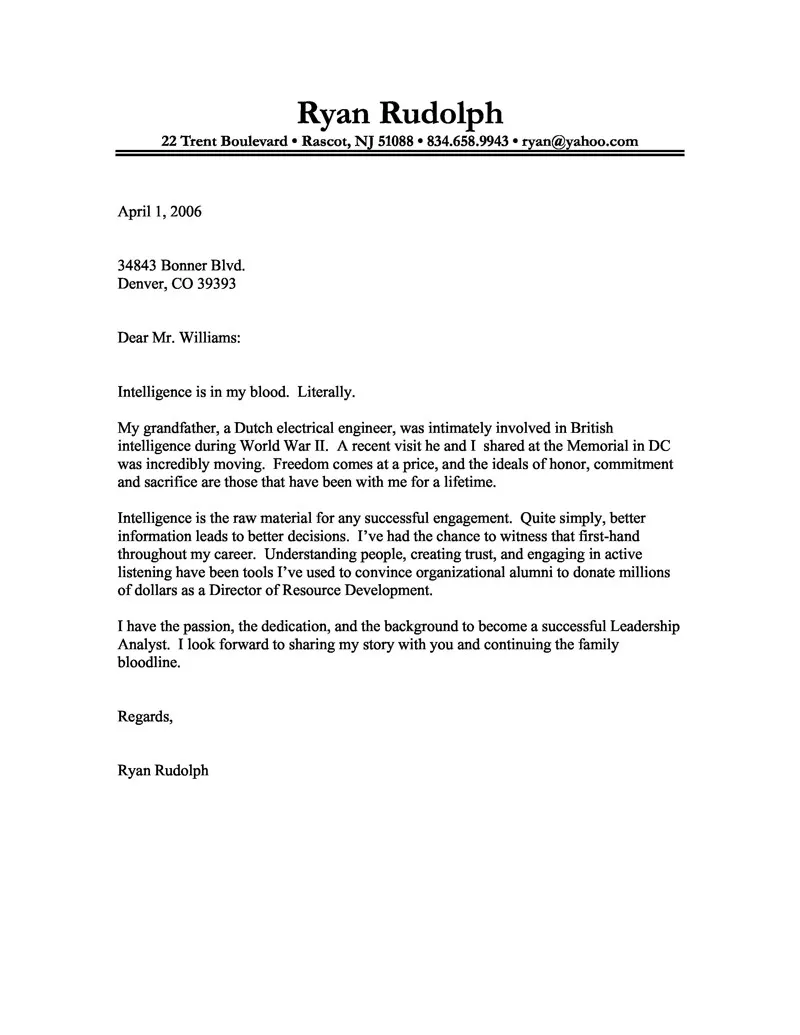The Importance of a Strong Cover Letter Closing
Your cover letter closing is your final opportunity to make a lasting impression on a potential employer. It’s the last thing they’ll read before deciding whether or not to consider you for the position. A well-crafted closing can be the difference between landing an interview and having your application tossed aside. This critical section of your cover letter provides a summary of your core qualifications, reiterates your genuine interest in the role, and often includes a clear call to action, guiding the reader toward the next step. A strong closing reinforces your value proposition, showcasing why you are the ideal candidate. Failing to give this section the attention it deserves can be a missed opportunity to secure an interview and potentially your dream job.
Why the Closing Matters
The closing of your cover letter is important because it serves as a final, powerful statement. It’s where you solidify your value proposition and persuade the reader of your suitability. It reflects your professionalism, attention to detail, and genuine interest in the opportunity. A lackluster closing can undermine the positive impact of the rest of the letter. It leaves a feeling of incompleteness and a lack of direction. A well-written closing, on the other hand, can leave a lasting impression, making you memorable and making the reader more likely to take action. By summarizing your qualifications and reiterating your enthusiasm, you reinforce your candidacy and set yourself apart from other applicants.
How a Great Closing Impacts Your Chances
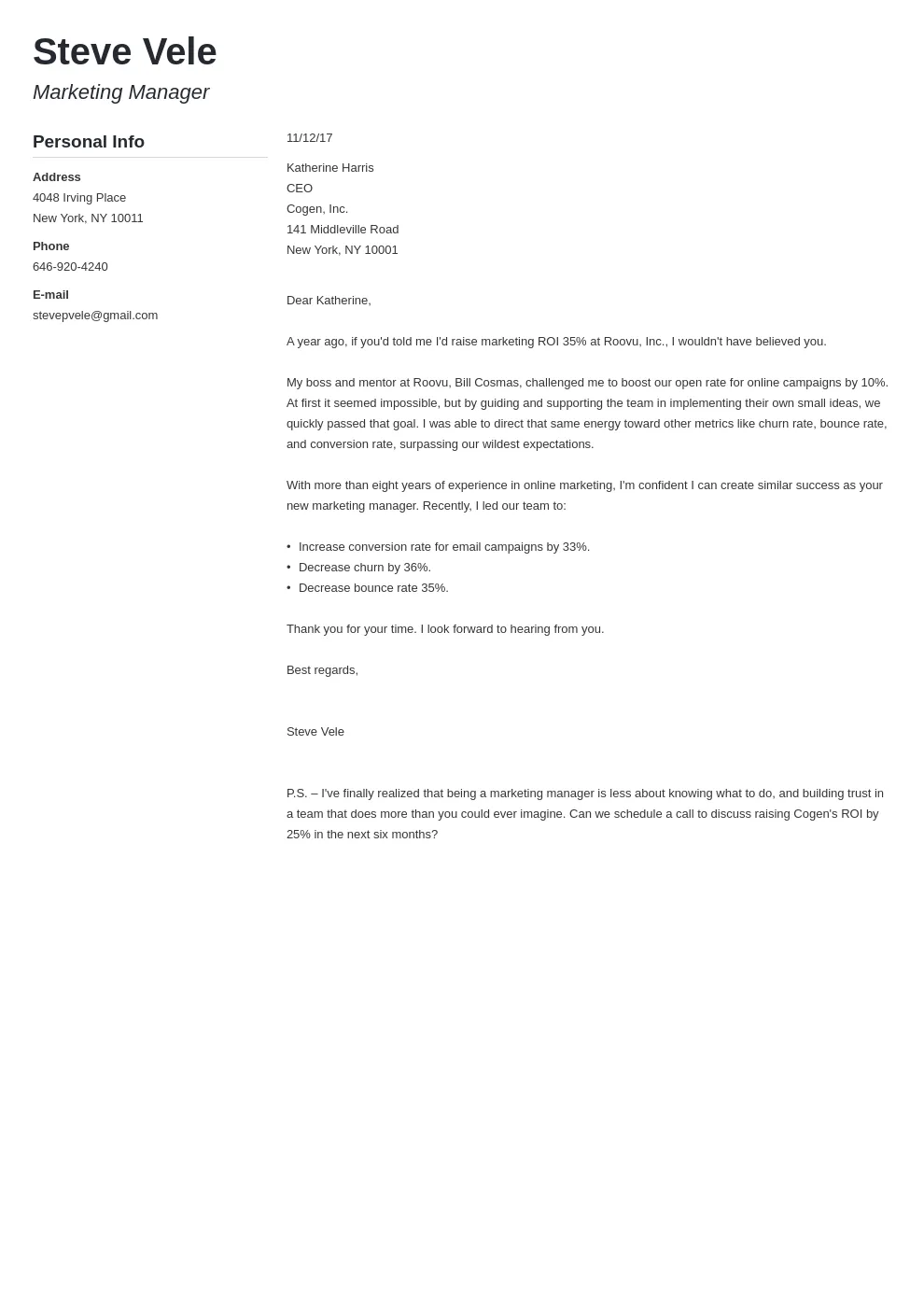
A great cover letter closing significantly improves your chances of getting an interview. It demonstrates your ability to communicate effectively, a crucial skill in any professional setting. It underscores your enthusiasm for the specific role and company, showing that you have done your research and are genuinely interested. A clear and concise call to action encourages the hiring manager to move forward with your application by contacting you or scheduling an interview. A strong closing also leaves a positive impression, showing that you pay attention to details. This helps the hiring manager see you as a proactive and serious candidate. In essence, it transforms your application from a simple submission into a compelling invitation for the hiring manager to learn more about you and your potential contributions to the company.
Key Elements of a Powerful Cover Letter Closing
Expressing Enthusiasm and Interest
Expressing enthusiasm and interest is a fundamental element of a powerful cover letter closing. This is your chance to show the employer that you are truly excited about the opportunity. Using phrases like “I am very enthusiastic about the possibility of joining your team” or “I am eager to contribute my skills to your organization” conveys your genuine interest. Be specific; mention aspects of the job or company that particularly appeal to you. This shows that you’ve researched the role and the company. Tailoring your closing to the specific company demonstrates that you have a real connection with their mission and values. Ensure your enthusiasm comes across as sincere and not overly effusive, maintaining a professional tone while still expressing your excitement.
Highlighting Relevant Skills and Experience
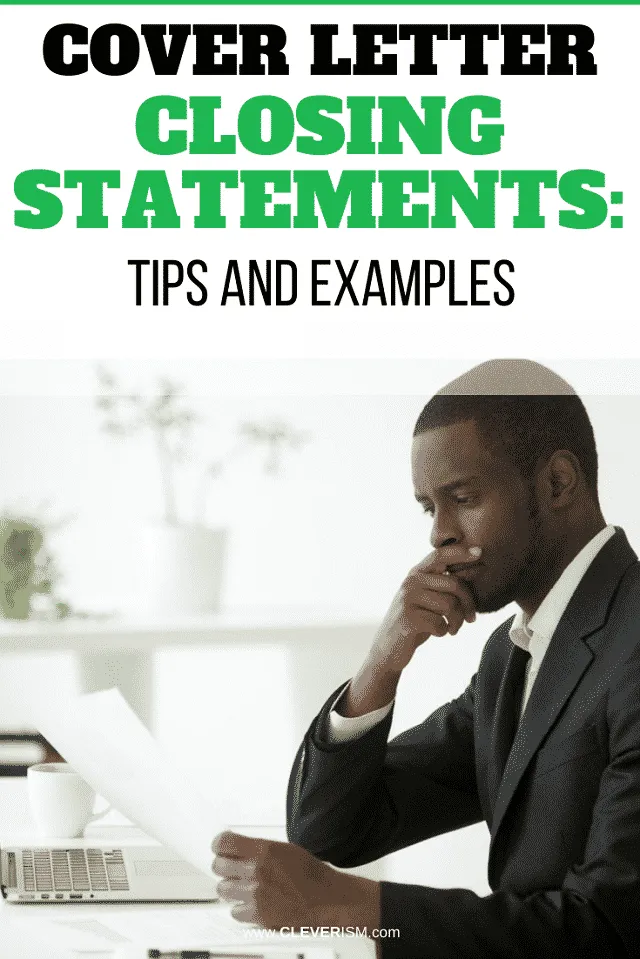
Reinforcing your key qualifications in your closing reinforces your value proposition. This is your final opportunity to remind the hiring manager why you are a good fit for the role. Briefly summarize your most relevant skills and experiences. Avoid repeating entire paragraphs; instead, highlight one or two key accomplishments or skills that align with the job requirements. Use action verbs to emphasize your capabilities, such as “I have successfully managed projects” or “I have a proven track record of increasing sales.” Tailor this section to the specific job description. This shows the hiring manager that you understand the company’s needs and that you have the experience to address them. This focused approach helps create a lasting impression.
Mentioning Your Availability
Mentioning your availability in your cover letter closing is a practical and considerate touch. Letting the employer know when you are available for an interview shows that you are ready to move forward. Use clear and direct language, such as “I am available for an interview at your earliest convenience” or “I am available to discuss my qualifications further.” Be flexible and willing to accommodate the employer’s schedule. If there are any constraints, such as pre-planned travel, mention this proactively, providing alternative dates for an interview. This proactive approach demonstrates your professionalism and your eagerness to engage with the hiring process. By indicating your availability, you streamline the process for the hiring manager and increase your chances of receiving a timely response.
Making a Clear Call to Action
A clear call to action is the cornerstone of a strong cover letter closing. It gives the hiring manager specific instructions on how to proceed, guiding them towards the next step in the hiring process. Instead of a generic phrase, offer a specific action, such as “I look forward to the opportunity to discuss my qualifications in an interview.” Or “Please contact me at your earliest convenience to schedule a call.” The call to action should be concise and confident, avoiding any hesitancy. It is a good idea to provide your contact information again to ensure that it is easily accessible. Your call to action should be tailored to the specific role and company. It should always encourage a direct response from the hiring manager, moving them closer to the next stage of the hiring process.
Best Practices for Cover Letter Closings
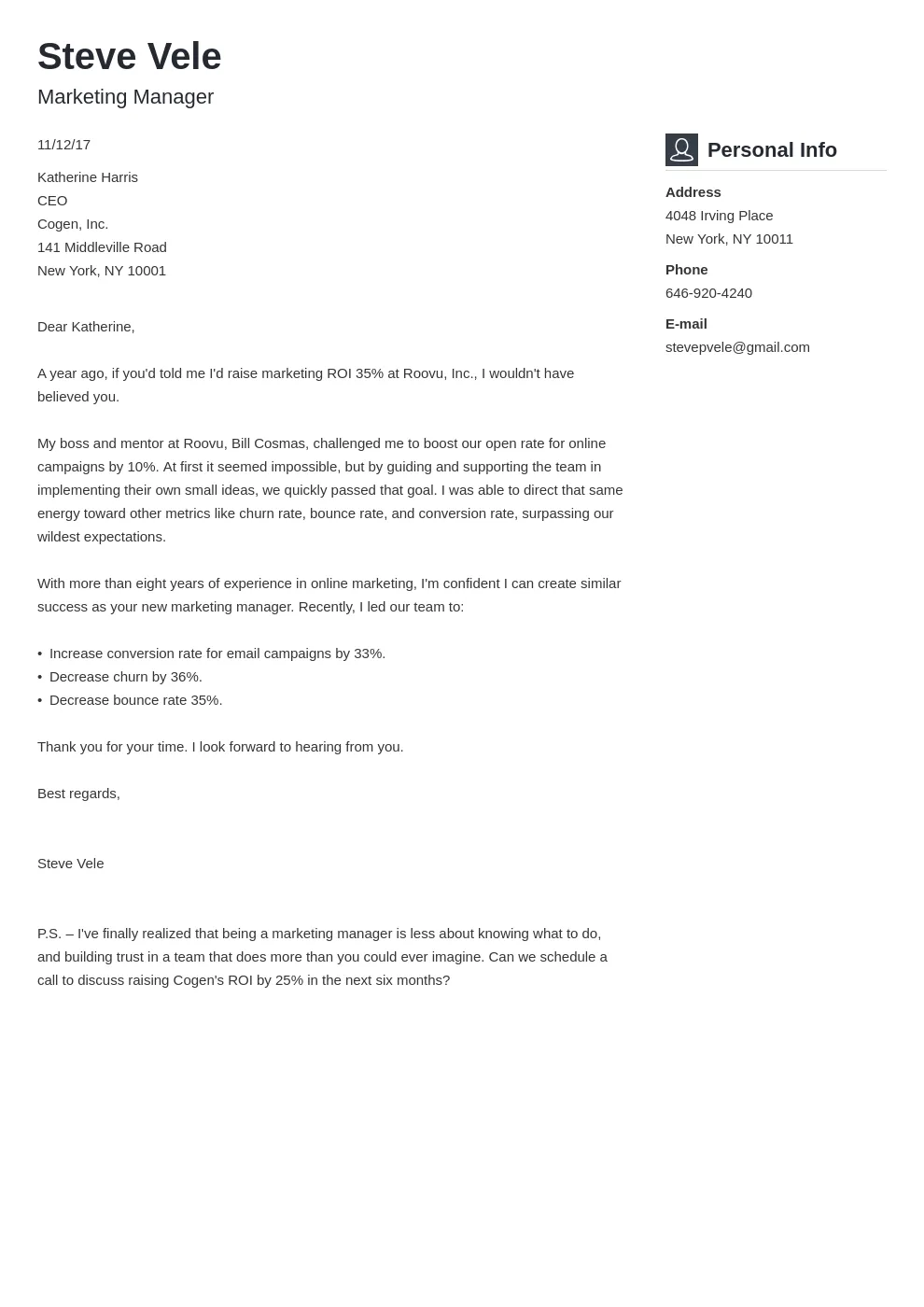
Tailoring Your Closing to the Specific Job
Customizing your cover letter closing to the specific job is one of the most critical best practices. Generic closings make it clear that you haven’t taken the time to tailor your application to the role or company. To make your closing specific, start by carefully reviewing the job description and identifying the key requirements and the company’s values. Then, use your closing to highlight the skills and experiences that align with those requirements. Refer to specific aspects of the job or the company’s mission that resonate with you. This shows that you have done your homework and are genuinely interested in the opportunity. The more customized your closing, the better you demonstrate your attention to detail and genuine interest. Each cover letter should be a unique reflection of how your skills and experience make you the perfect fit for a specific role.
Using Professional and Formal Language
Maintaining professional and formal language in your cover letter closing is vital for presenting yourself as a competent candidate. Avoid using casual or informal language, such as slang or idioms. Use a respectful and courteous tone, such as “Sincerely” or “Respectfully”. Ensure your language is clear, concise, and grammatically correct. Proofread your closing (and the entire letter) carefully for any errors in grammar or spelling. Avoid sounding overly familiar or friendly. Maintain a level of professionalism that reflects your respect for the hiring manager and the company. Following these guidelines ensures your closing reinforces your credibility and reinforces the positive impact of your application.
Proofreading for Errors
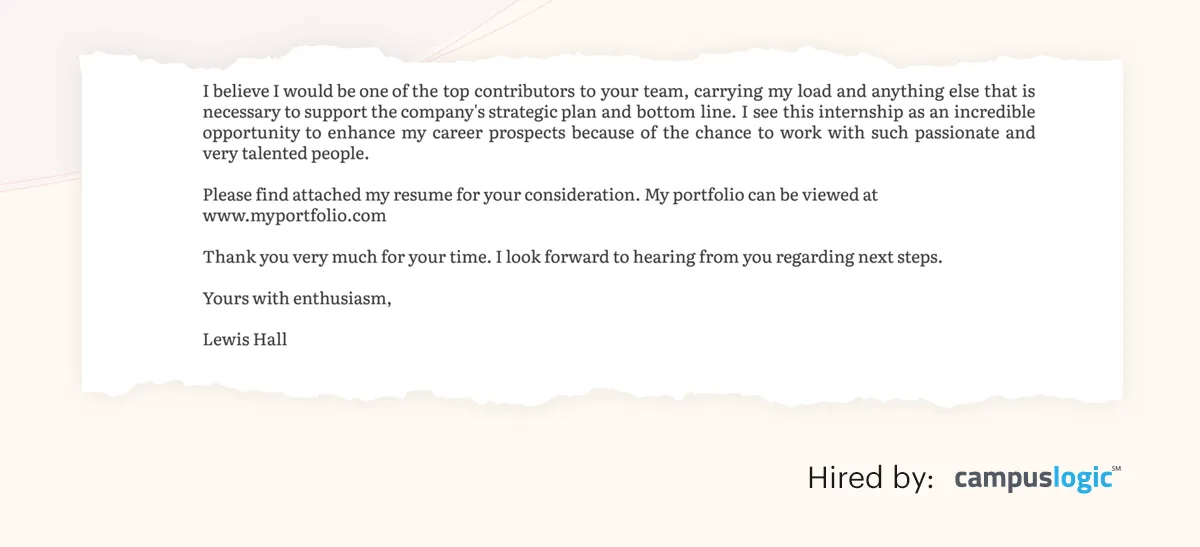
Proofreading your cover letter closing (and the whole letter) is an essential practice in the job application process. Errors in grammar, spelling, and punctuation can detract from your professionalism and negatively impact your chances of getting hired. Carefully review your closing for any mistakes. Read it aloud to catch any awkward phrasing or errors that you might have missed by silently reading it. Ask a friend, family member, or career advisor to review your cover letter. Fresh eyes can often spot errors that you have missed. Proofreading tools such as Grammarly are helpful in identifying mistakes. Make sure that your closing (and the entire cover letter) is error-free. It reflects your attention to detail and enhances your credibility.
Common Mistakes to Avoid in Your Closing
Using Vague or Generic Closings
One of the most common mistakes is using a vague or generic closing. Avoid standard phrases that don’t add any value or show any specific interest in the role or company. Examples include: “Thank you for your time and consideration” or “Sincerely, [Your Name]” without any specific context. These generic closings don’t leave a lasting impression. Instead, tailor your closing to the specific job and company. Reference something you learned from the job description or the company’s website. Highlight how your skills and experience align with the job requirements. The more specific you are, the more you demonstrate your enthusiasm and commitment. By avoiding generic closings and customizing your message, you leave a more memorable impression.
Being Too Casual or Informal
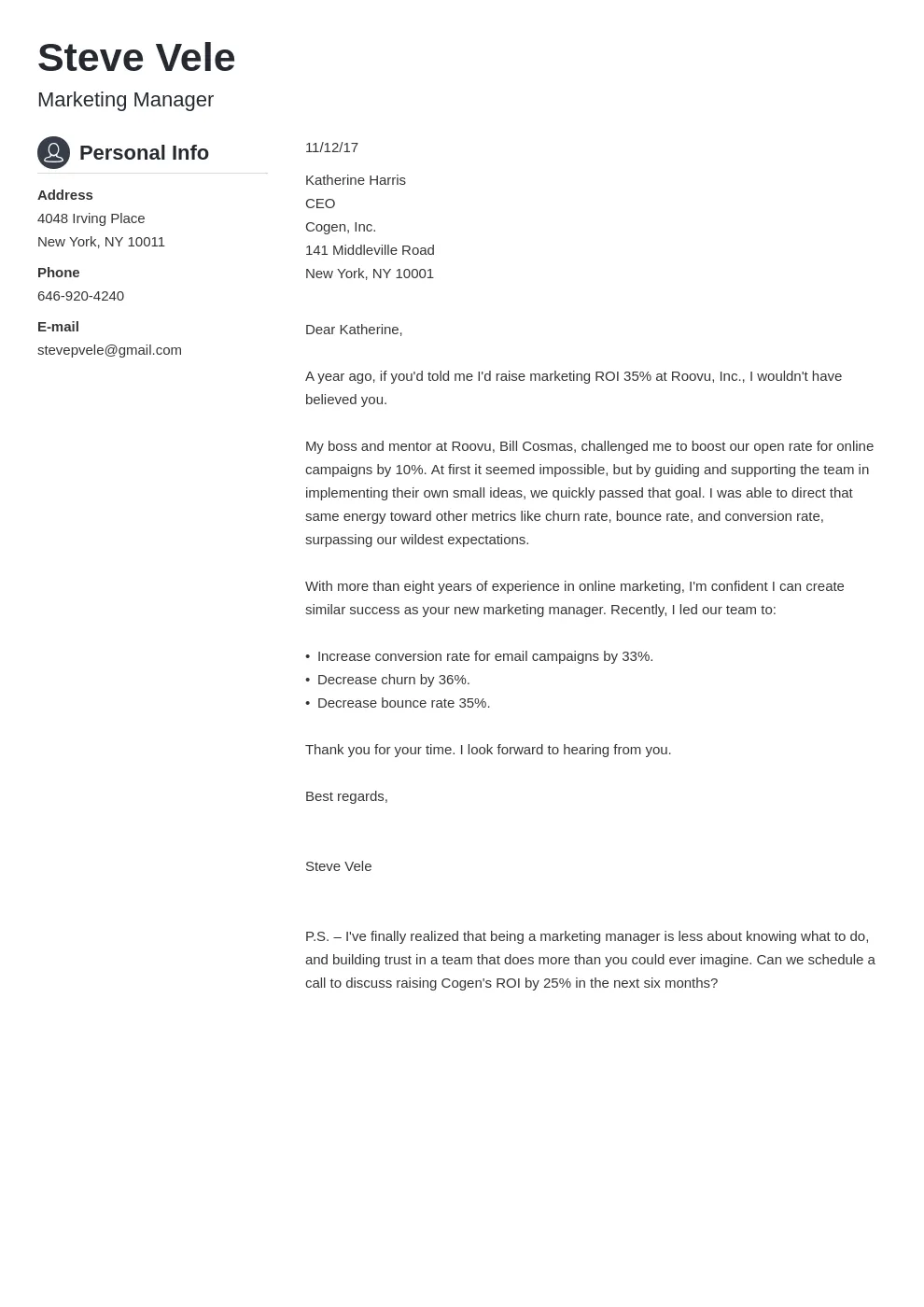
Being too casual or informal is a common mistake. A cover letter is a professional document, and your closing should reflect that. Avoid slang, colloquialisms, or overly friendly language that might be appropriate for a personal email, but not for a professional application. Keep a respectful and professional tone. Use formal language, such as “Sincerely” or “Respectfully,” to show that you respect the hiring manager and the company. Review your closing (and the whole letter) to ensure that it reflects your professionalism. Ensure your closing maintains the right tone for a job application. This underscores your credibility and makes the best possible impression.
Forgetting to Proofread
Forgetting to proofread is a costly error that can undermine your entire application. Typos, grammatical errors, and spelling mistakes can reflect poorly on your attention to detail and professionalism. Before submitting your cover letter, carefully review your closing (and the whole document) for any errors. Read it aloud to yourself, and ask a friend or family member to read it as well. Proofreading tools such as Grammarly or other spell-check programs can help, but they are not foolproof. Don’t rely on spell-check alone; manually review the document to catch any mistakes. A well-proofread closing leaves a strong positive impression and demonstrates that you care about presenting your best self.
Examples of Effective Cover Letter Closings
Closing for Entry-Level Positions
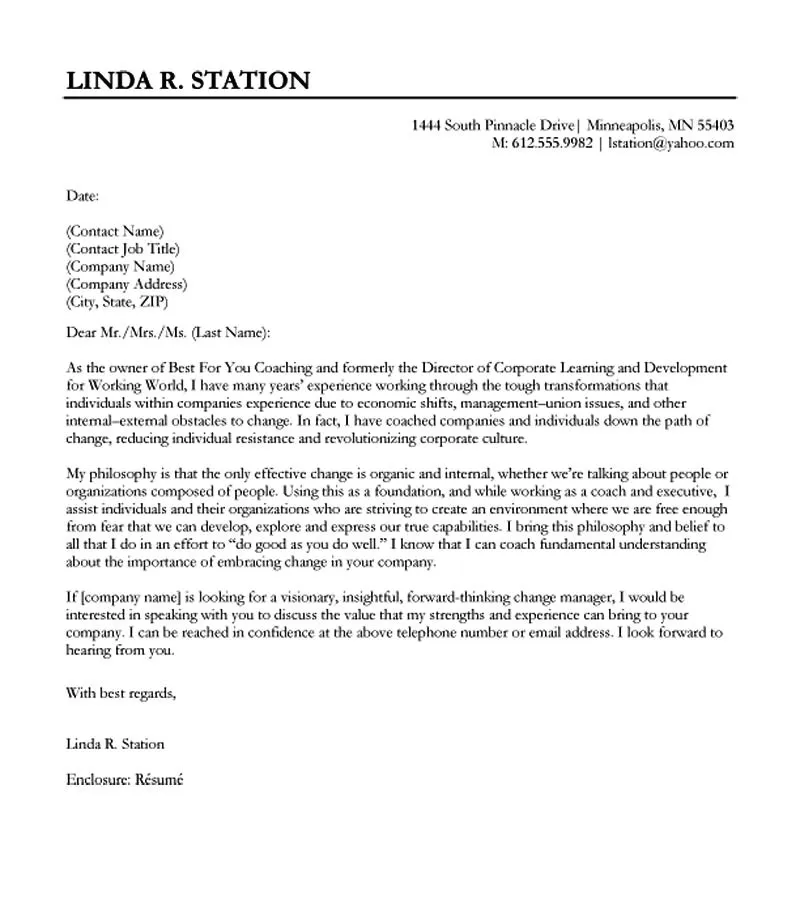
For entry-level positions, your closing should express enthusiasm and highlight your eagerness to learn and grow. It’s a great idea to mention your transferable skills and your willingness to contribute to the company. Here are some examples
I am excited about the opportunity to contribute my skills to [Company Name] and eager to learn from experienced professionals. I am available for an interview at your earliest convenience.
I am very enthusiastic about the possibility of starting my career at [Company Name]. I am confident that my skills and eagerness to learn align well with the requirements of the role. Please let me know if there is anything I can provide further.
These closings convey your excitement to get started, and demonstrate your proactive attitude to take on new challenges.
Closing for Mid-Career Professionals
For mid-career professionals, your closing should summarize your relevant experience and emphasize your value proposition. Demonstrate how your skills and expertise align with the company’s needs. Here are some examples
I am excited about the prospect of leveraging my experience in [Specific Skill] to contribute to [Company Name]. I am available for an interview to discuss my qualifications further.
With my proven track record in [Specific Achievement], I am confident that I can make a significant contribution to your team. Thank you for your consideration, and I look forward to hearing from you soon.
These closings reflect the experience and confidence of a seasoned professional ready to take on new challenges.
Closing for Executive-Level Roles
Executive-level closing should reflect your leadership skills, strategic thinking, and ability to drive results. They should be assertive, and show your confidence in the value you can bring. Here are some examples
I am eager to leverage my strategic leadership experience to drive growth at [Company Name]. I welcome the opportunity to discuss how I can contribute to your organization.
I am confident that my proven ability to [Specific Achievement] will be an asset to your team. Thank you for your time, and I am available for an interview at your earliest convenience.
These closings underscore the candidate’s expertise and show the commitment to create a positive impact at the executive level.
Final Thoughts
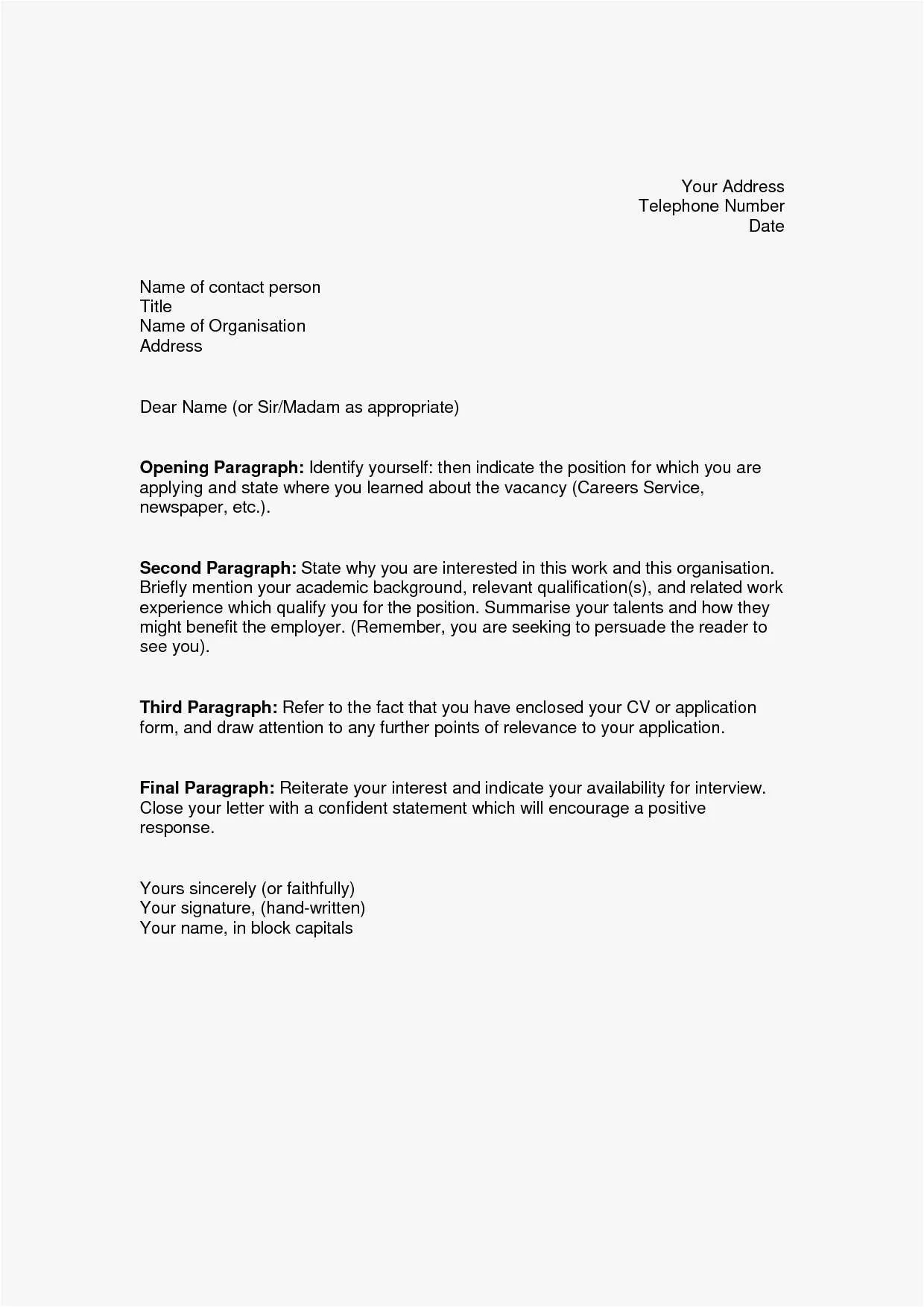
Your cover letter closing is much more than a formality. It’s a final opportunity to leave a lasting impression and to drive your application forward. By expressing enthusiasm, highlighting relevant skills, mentioning your availability, and including a clear call to action, you can significantly increase your chances of getting an interview. Always tailor your closing to the specific job and company, and make sure to proofread it carefully for errors. A well-crafted closing reflects your professionalism, attention to detail, and genuine interest in the opportunity. Make your cover letter closing your secret weapon.
